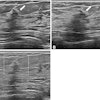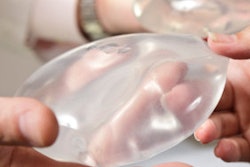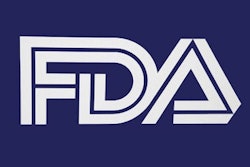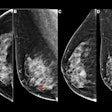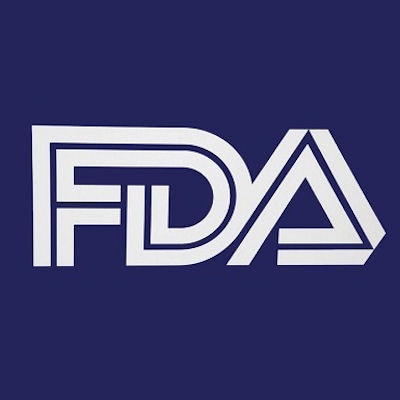
The U.S. Food and Drug Administration (FDA) on February 6 issued an update on the agency's efforts to track breast implant-associated anaplastic large cell lymphoma (BIA-ALCL), a type of non-Hodgkin's lymphoma that is a known risk of breast implants.
The FDA noted that in 2011 it was the first public health agency in the world to warn women who have implants of the risk of BIA-ALCL. The agency has continued to provide updates on the disease, including medical device reports (MDRs), also known as adverse event reports.
As of September 2018, a total of 660 medical device reports have been sent to the FDA regarding BIA-ALCL cases in the U.S. since 2010. The agency's analysis suggests that, of these, there are 457 unique cases of BIA-ALCL, which have led to nine patient deaths.
The data indicate there has been an increase of 246 medical device reports since last year; the increase is to be expected and may include many cases that were not previously reported to the FDA. The increased number of MDRs contributes to the agency's growing understanding of BIA-ALCL.
In addition to the update, the FDA issued a letter to healthcare providers asking them to be aware of BIA-ALCL, particularly in patients with new swelling, lumps, or pain around breast implants, to expedite the diagnosis of this malignancy. The FDA is asking healthcare providers to report cases of BIA-ALCL in patients with breast implants, including individual cases providers may have experienced in their practice.



